
Get Instant Solution By an Expert Advisor
(4.8)
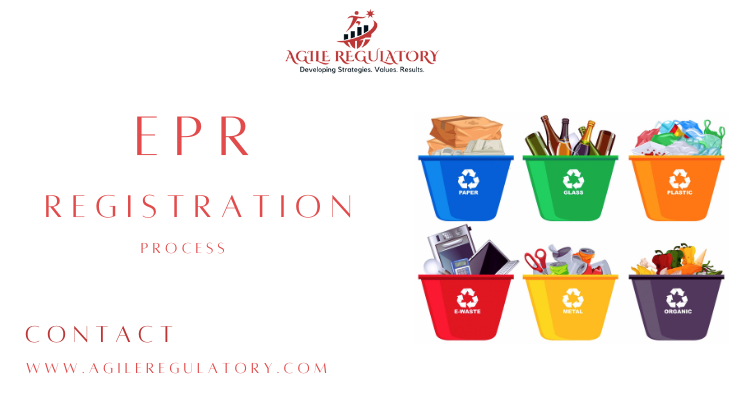

Governments all throughout the world are facing the problem of waste management. The plastic garbage and e-waste that is being dumped has made EPR Services indispensable; this is a serious problem that has to be addressed. EPR was first implemented voluntarily by a small number of nations for manufacturers, importers of plastic products, and brand owners. Over time, however, governments made it a requirement in order to guarantee improved outcomes and coordinated efforts from all areas.
Brands and organizations are allowed to follow established rules for the recycling and handling of plastic waste when they have an EPR Certificate. As a result, one of the primary benefits of the EPR certificate is that the post-recycling yields are of high quality and are readily applied to the production of new, useable goods. It is crucial to realize that the only way to manage plastic waste is to achieve a circular economy, which prevents plastics from leaking into the environment. Another name for this is "upstream recycling." When the Indian government first announced this program, there were many disagreements over the necessity of recycling plastic. Many inquiries concerned the sustainability of the recycling procedure, the advantages for businesses, and the definition of an EPR certificate.
With time, though, enterprises realized that they could both improve the environment and their own bottom line. Because of this, extended producer responsibility (EPR) services are now quite popular in India, and more businesses are also joining.
The following organizations must register on the centralized EPR website created by CPCB for an EPR registration certificate:
Producers, importers, brand owners, and processors of plastic waste are required to register via the Central Pollution Control Board's (CPCB) centralized online EPR site in accordance with EPR requirements for plastic packaging. PIBOs must get from CPCB an EPR Registration for the management of plastic waste. They must register with the relevant State Pollution Control Boards (SPCB/PCC) if they operate in one or two states or UTs. PIBOs must register with CPCB if they operate in more than two states or UTs.
To reach designated EPR objectives, PIBOs must make sure that plastic waste is processed through Plastic Waste Processors (PWPs) in compliance with an action plan. Depending on how much plastic trash PWPs process, they will receive a PWP certificate, which they will utilize to reach their EPR goals. Discipline and environmental compensation shall be applied to any PIBO who disregards PWM regulations.
The following lists the many kinds of EPR registrations:
EPR Registration for Plastic Waste Management
The Extended Producer Responsibility (EPR) Registration for waste plastic packaging is a requirement for all plastic packaging manufacturers, brand owners who use plastic packaging to pack or wrap their products, and importers of plastic carry bags, sheets, packaging, and other products that are packaged or wrapped in plastic.
Battery Manufacturers, importers, and producers must get an EPR certificate for their waste battery. An EPR must be registered by the company making the batteries as well as the company importing batteries or battery-containing equipment. Any form of battery, regardless of size, composition, type, or intended use, must register for an EPR.
Manufacturers, producers, and importers of electronics and electrical goods must register for an EPR for e-waste in order to sell them in India. However, micro businesses are exempt from having to register for the EPR. It should be noted that the E-Waste Management Rules, 2016's Schedule I only covers electrical and electronic goods, making them eligible for EPR registration. This indicates that this registration does not cover all electrical and electronic products.
EPR for Waste Tyres Management is especially important in this respect because tyres are a major source of pollution for the environment and may cause a number of health issues if incorrectly disposed of. Any company that manufactures, imports, or distributes tyres must apply for EPR registration. EPR registration is now required in order to manage old tyres and lessen the environmental effect of tyre waste.
EPR Registration is necessary in order to fulfil the following requirements and avail benefits:
Companies may pinpoint and strengthen weak places in the waste supply chain with the consent of the EPR. This reduces administrative costs and eases the burden on financially constrained businesses. EPR license ensures that a clear framework will be available, allowing firms to operate efficiently and avoiding unnecessary expenses and delays.
A company may be able to make better choices about waste management, disposal, recycling, and collection when it has EPR Authorization. They may improve their present waste management plan even more by doing this, making it more seamless and efficient. EPR authorization offers a number of benefits that might simplify your company's operations. However, more productive waste management strategies will result in higher output.
The EPR strategy is able to expedite and simplify the process of disassembling products or things in order to reuse and recycle them. Therefore, the product or item can be reused without influencing the requirement for fresh raw materials.
EPR fosters or promotes the preservation of natural resources, lowers waste quality, gets rid of pollution, etc. These all helps in sustainable development, which is essential for both producers and consumers.
The EPR Certificate lessens reliance on alternative waste disposal techniques, such as burning, which releases hazardous or dangerous substances into the air that humans can breathe, such as formaldehyde, furans, and dioxins. It impacts not just people but also the structure of the land. Furthermore, because EPR verifies appropriate recycling and refurbished goods or their parts, it also lessens the financial and physical effort required of local governments to maintain the garbage.
EPR Registration is essential for ensuring effective e-waste disposal as well as for encouraging sustainable production and consumption practices. The producers, importers, brand owners, and plastic recyclers require the EPR certificate improved waste management techniques.
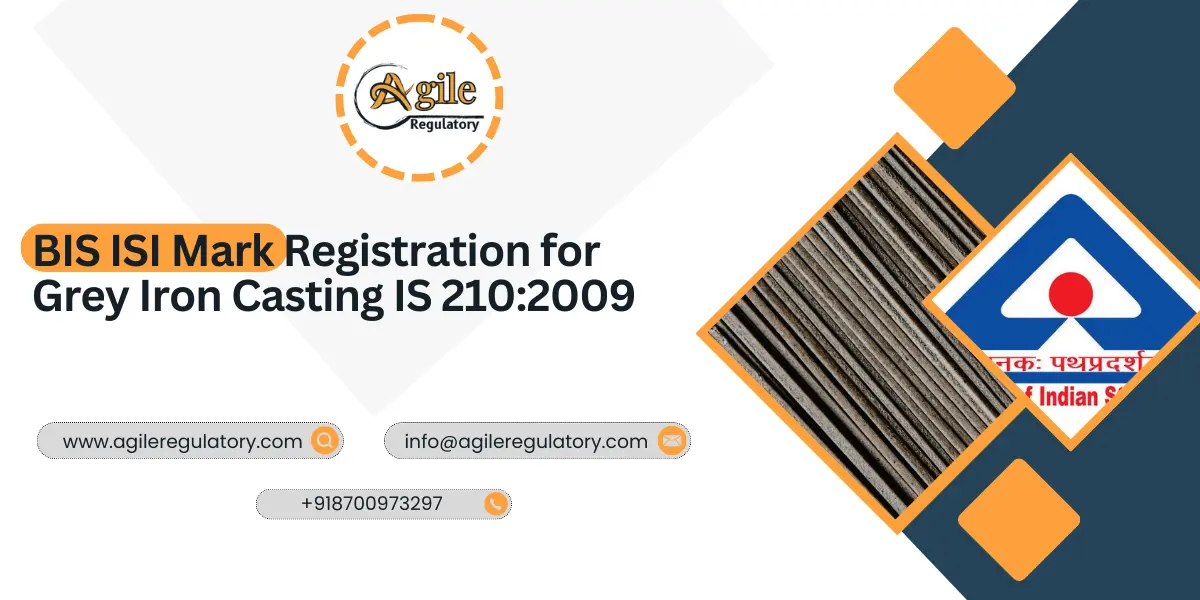
 Nishi Chawla
Nishi Chawla
22 Nov, 2025
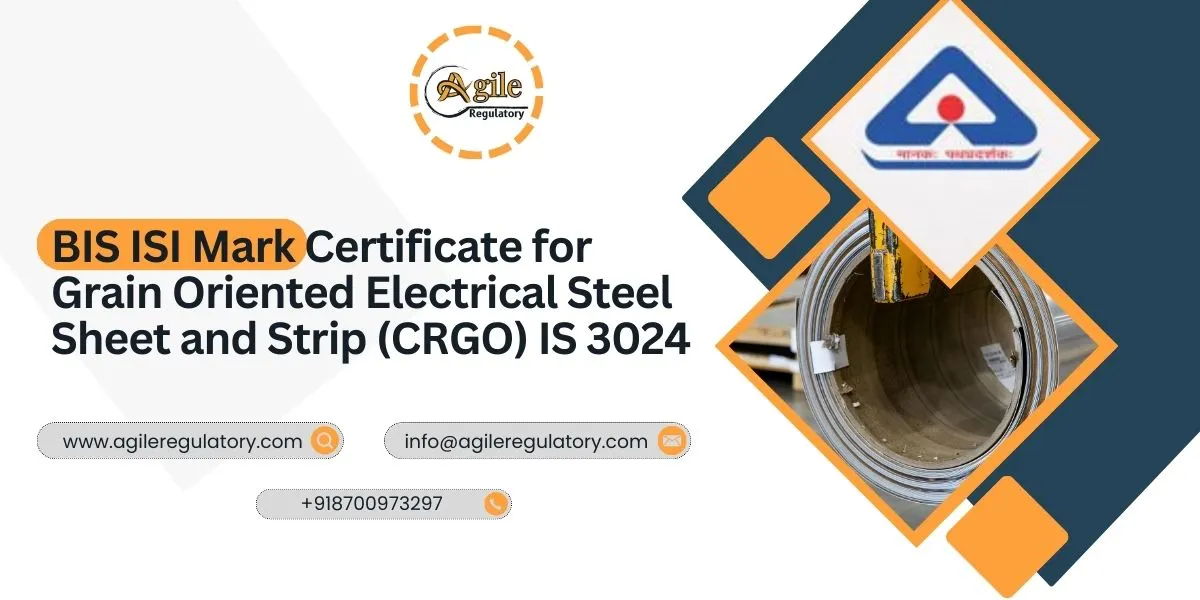
 Nishi Chawla
Nishi Chawla
22 Nov, 2025
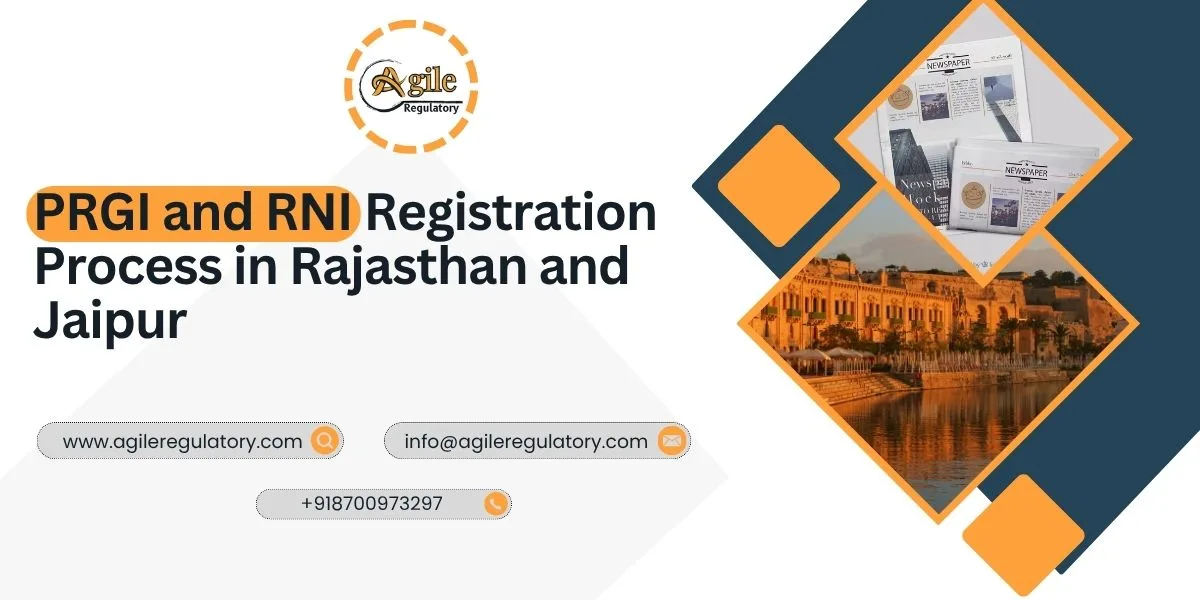
 Nishi Chawla
Nishi Chawla
20 Nov, 2025

 Nishi Chawla
Nishi Chawla
20 Nov, 2025
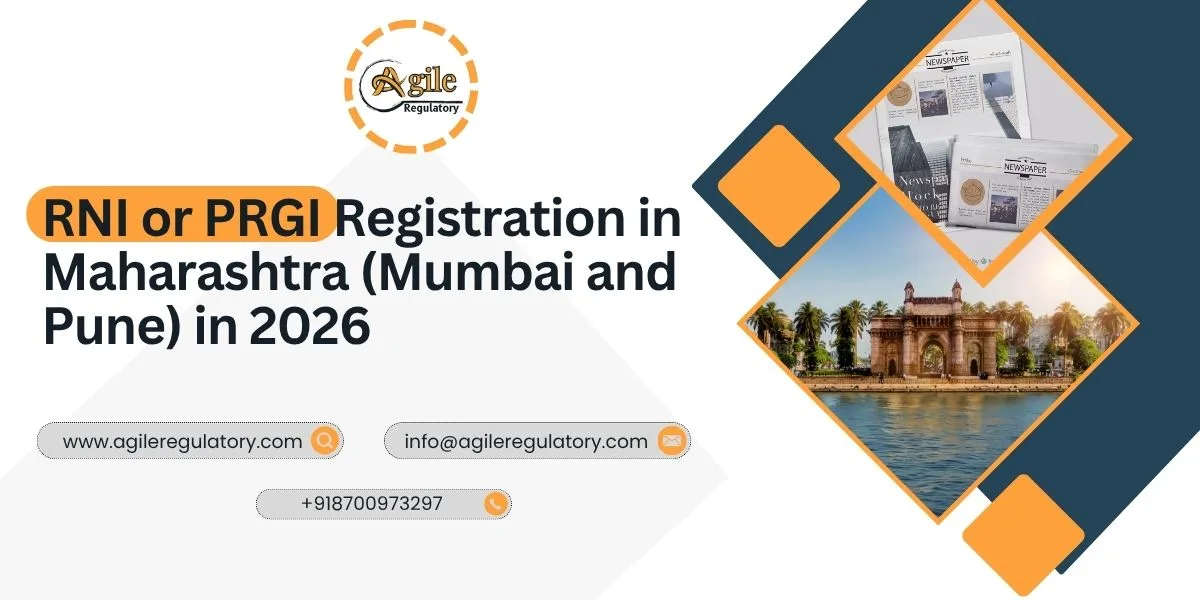
 Nishi Chawla
Nishi Chawla
19 Nov, 2025

Get Instant Solution By an Expert Advisor
(4.8)
We simplify compliance through a proven 4-step process: Consultation, Documentation, Submission, and certification. From understanding requirements to getting final approvals, we deliver a smooth, timely, and fully compliant journey for your business.
What our customer says about us
Fantastic support from the team. Their expertise transformed our approach, driving remarkable outcomes. A must-have partner for businesses seeking effective consulting solutions. Highly recommended.

KTPL Instruments
Agile Regualtory delivers exceptional solutions. Their insightful guidance streamlined our processes and boosted profitability. Highly recommended for businesses seeking expert consulting services to thrive.

Justrack IOT
Impressed by Agile Regulatory's expertise. Their strategic insights and practical solutions have elevated our business operations. A reliable partner for effective consulting services. Highly recommended for growth-focused businesses.

Coaire Compressor
Extraordinary consulting services. Their insightful solutions and dedicated team reshaped our business, driving remarkable improvements. Highly recommend it for transformative results.

Easy Polymer
Incredible experience with Agile Regulatory. Their innovative strategies and expert advice revitalized our business model, resulting in impressive growth. Highly recommend their exceptional consulting services.

Tarus International
Top-tier consulting! offered strategic solutions that revolutionized our approach. Their deep expertise and personalized guidance made a significant impact on our success. Highly recommend their services.

Anchor Weighing
Agile Regulatory exceeded expectations! Their tailored solutions, expertise, and proactive approach led to remarkable results. Highly recommend for businesses seeking impactful and strategic guidance.

AM Capacitor
Outstanding service! delivered targeted solutions with professionalism and expertise. Their insights elevated our business strategies, resulting in noticeable growth. Highly recommended for exceptional consultation.

Imaxx Pro Aquistic
Leave a Reply
Your email address will not be published. Required fields are marked *